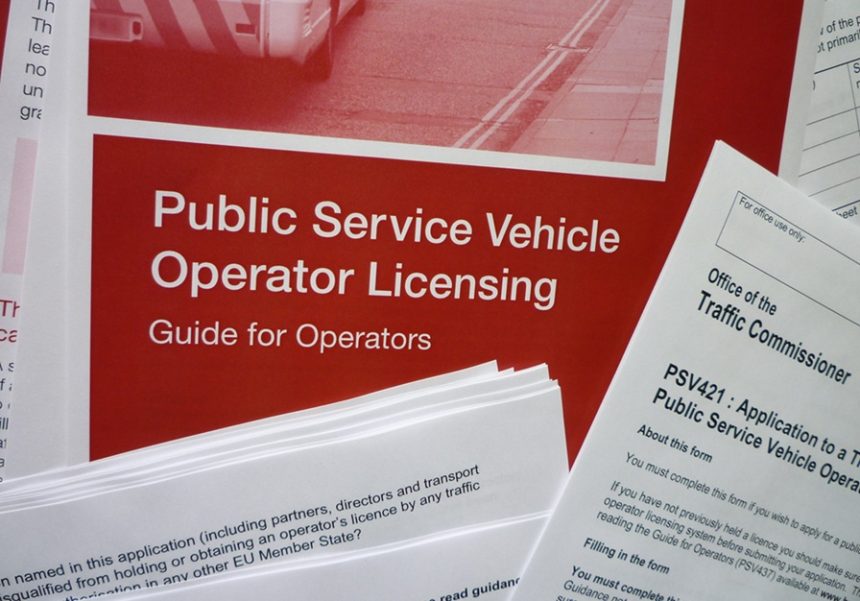In 2019, the Department for Transport (DfT) consulted on proposed changes to O-Licensing that majored on introducing an interim PSV O-Licence mechanism for new applicants or for existing holders seeking a major change.
Such licenses would be granted when various ‘gate checks’ were satisfied and allow holders to start operation quickly. The consultation closed over six years ago and the government summarised responses and presented an ‘outcome’ the following year.
Nothing more has happened since then in a course of inaction that makes the ongoing delay to PSVAR next steps look tame. Interim PSV O-Licences are thus still nowhere to be seen.
The summary of responses notes how allowing operators to commence work as soon as possible via an interim or a similar provisional PSV O-Licence “will assist businesses in providing essential public services and help to reduce business plan-associated risk.” A straightforward conclusion that will find few detractors.
That such authorisations have not advanced is surprising. Consultation responses showed clear support. DfT observed that in freight – where interim O-Licenses last for up to six months – under 1.5% of such authorisations issued in 2016/17 were later refused or revoked.
PSV operators have shown themselves well able to respond to opportunity (or crisis), and so the addition of interim authorisations is an obvious step to help them do their bit in banging Rachel Reeves’s economic growth drum.
Legislative change being required to enable interim passenger O-Licences is no doubt a factor in the non-movement, but that is hardly a drafting job equal to a Bus Services Bill. The provisional O-Licence option, effectively identical in terms of outcome, requires only an amendment to legislation.
Chiming in are the Traffic Commissioners (TCs), or more particularly now-former Senior TC Richard Turfitt. He has long advocated an interim PSV O-Licence mechanism, and that stance remains after a return to the back benches post Senior TC-tenure.
Mr Turfitt’s final annual report as Senior TC, published in October 2024, noted how interim licences would benefit passengers and help meet commitments to the environment. Both form parts of the current government’s wider policy work.
Mention of interim PSV O-Licences can be traced at least as far back as late 2015 in an implementation plan for that year’s triennial review of the TCs. It was noted then how DfT was already considering interim authorisations for passenger operators.
10 years is a long time. While the 2019 consultation illustrated that a minority of parties have caution around an interim mechanism, that is outweighed by support, not least from Mr Turfitt.
Policy and legislation for coach and bus occupy a lot of DfT time presently, and if the industry was given a choice, it would no doubt prefer PSVAR, end dates for the sale of new non-zero-emission vehicles and BSOG reform in England to be prioritised.
But the interim PSV O-Licence question is approaching a decade unanswered. Hopefully it will not be another before clarity is finally forthcoming.



























